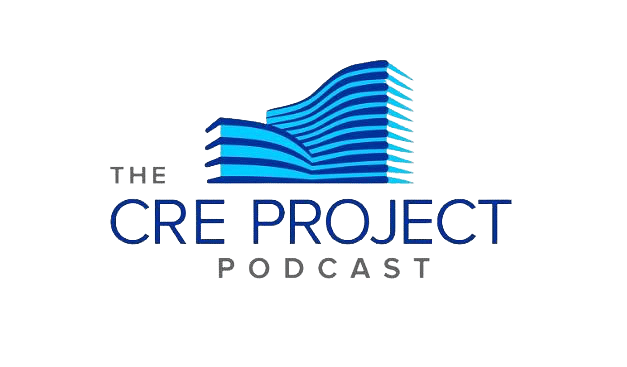In this insightful episode of the CRE Project Podcast, host Clayton King delves into the intricate world of commercial real estate with seasoned attorney Richard Crouch.
As they explore Richard's background, listeners gain a unique perspective on the challenges facing real estate attorneys, including the importance of mentorship, the learning curve, and client communication.
The conversation covers a range of topics, from drafting purchase agreements and title commitments to dissecting financing and partnership structures, such as LLCs and Tenants in Common.
They also discuss trends like the Corporate Transparency Act and its implications. With practical advice on avoiding common pitfalls in operating agreements and navigating tax implications, this episode serves as a vital resource for those looking to invest or understand commercial real estate.
Whether dealing with partnership complexities or legal challenges in property acquisition, listeners will find valuable insights into ensuring clarity and protection in their ventures.
01:24 The Journey to Becoming a Real Estate Attorney
02:09 The Importance of Mentorship in Law
03:48 Challenges of Starting Out in Commercial Real Estate Law
07:52 Key Considerations in Drafting Purchase Agreements
14:11 Understanding Title Reports and Surveys
20:19 Navigating Financing and Partnership Structures
24:46 Mechanisms for Removing Underperforming Managers
25:22 Exit Strategies and Disassociation Mechanisms
26:35 Buy-Sell Provisions and Transfer Restrictions
28:17 Tenancy in Common vs. LLC: Key Differences
35:11 Joint Ventures and Ownership Structures
40:54 Corporate Transparency Act and Its Implications
46:04 Current Market Trends and Legal Considerations


